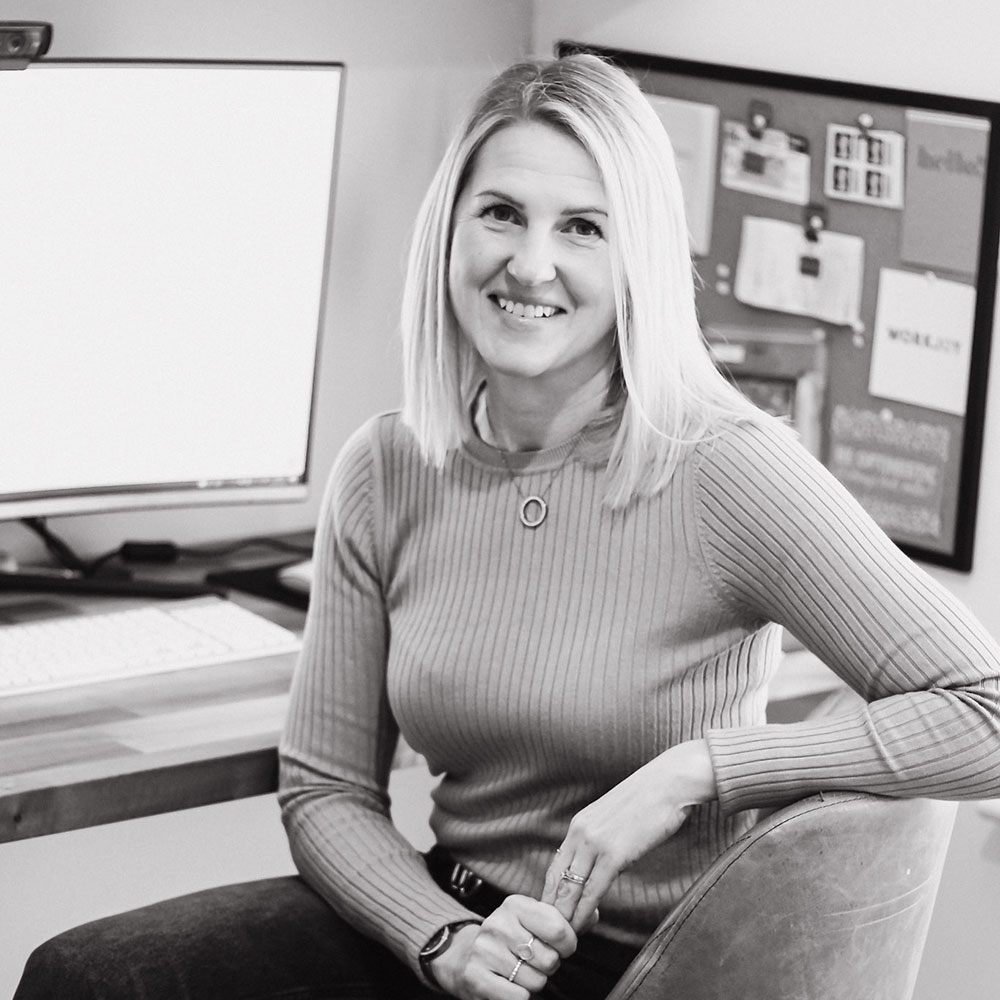Being organised is so much more than being neat and tidy! It is about:
- Being able to achieve more in less time
- Having the capacity and headspace to focus on what's important to you
- Reducing the overwhelm you may be feeling in your day to day life.
Is paperwork your downfall or is it your overflowing inbox that leaves you feeling overwhelmed?
Imagine being able to find a piece of paperwork and locate a file on your computer within a few seconds. Or how about starting each day with a clear idea of what you need to be working on and what other deadlines are approaching. This is achievable by implementing some simple procedures that work for you - they don't need to be complicated to be effective.
Take your working space as an example; a tidy desk is one possible OUTCOME of being organised but it is not the main OBJECTIVE. You need to look at what is causing you to feel stressed, miss deadlines and waste time.
Start by creating a place or a process for dealing with what arrives on your desk or into your inbox every day.
Here are some ideas:
1) CREATE A SYSTEM FOR INCOMING PAPERWORK: filing trays, plastic folders or drawers - use what you have
- Create a zone area for paperwork that needs actioning, another for filing/scanning and another for shredding/recycling.
- Deal with each zone on a weekly basis - especially the action pile. If it will only take a minute to action, do it straight away!
- Bank statements, appointment reminders, policy documents and general mail will no longer sit around, get forgotten, lost or piled up in a heap!
#admintoptip Don't forget to buy yourself an identity stamp roller - quickest way of removing personal information from your paperwork before you pop it in the recycling.
2) USE A PROJECT MANAGEMENT TOOL: create tasks, set reminders and add notes
Programmes like Trello and Asana are perfect for collating all your to-do lists in one place.
- To organise your workload create a board for each client, project or part of your business. For help with keeping organised at home you could have one for school, Christmas or even a board for each family member if your children have a busier social life than you!
- Create tasks as soon as something comes in, set reminders, include checklists and add progress notes as you go.
I use Trello and have begun using Asana with some clients too, and rely heavily on it every day. It is great as a web application, but super handy as an app too. Try it for yourself!
3) END OF THE DAY ROUTINE: how you end each day is just as important as you how you begin
- Before you finish work each day write down three things you need/want to achieve the following day.
- Look through your diary, your inbox and maybe even your Trello boards (!).
- Check what meetings, appointments or reminders are scheduled in and think about any work or prep that needs to be done in advance. Don't forget to skip ahead a couple of weeks to check for any commitments that you need to prepare in advance for.
When you start work each day, you know your immediate priorities and even if your day takes you off on a tangent, a quick glance at your list will get you back on track.
Getting organised is one thing but staying organised is quite another and it's not possible to get it right every day! Some days 5pm rolls around and I've no clue what we are all eating for dinner and the sight of my inbox makes me want to shut down my laptop! But I try and practice what I preach as much as I can and know how much more in control I feel when I do.
If your daily routine could do with a refresh and need some help to start and end each day feeling in control with clarity on your goals, then get in touch and let me help you streamline some of your processes. Please contact me for further information and to arrange a free discovery call. Flexible packages available - no minimum hours per month; as much or as little support as you need.
Ellie Lane
Fast Lane VA Ltd
E: ellie@fastlaneva.com
M: 07814 456740
